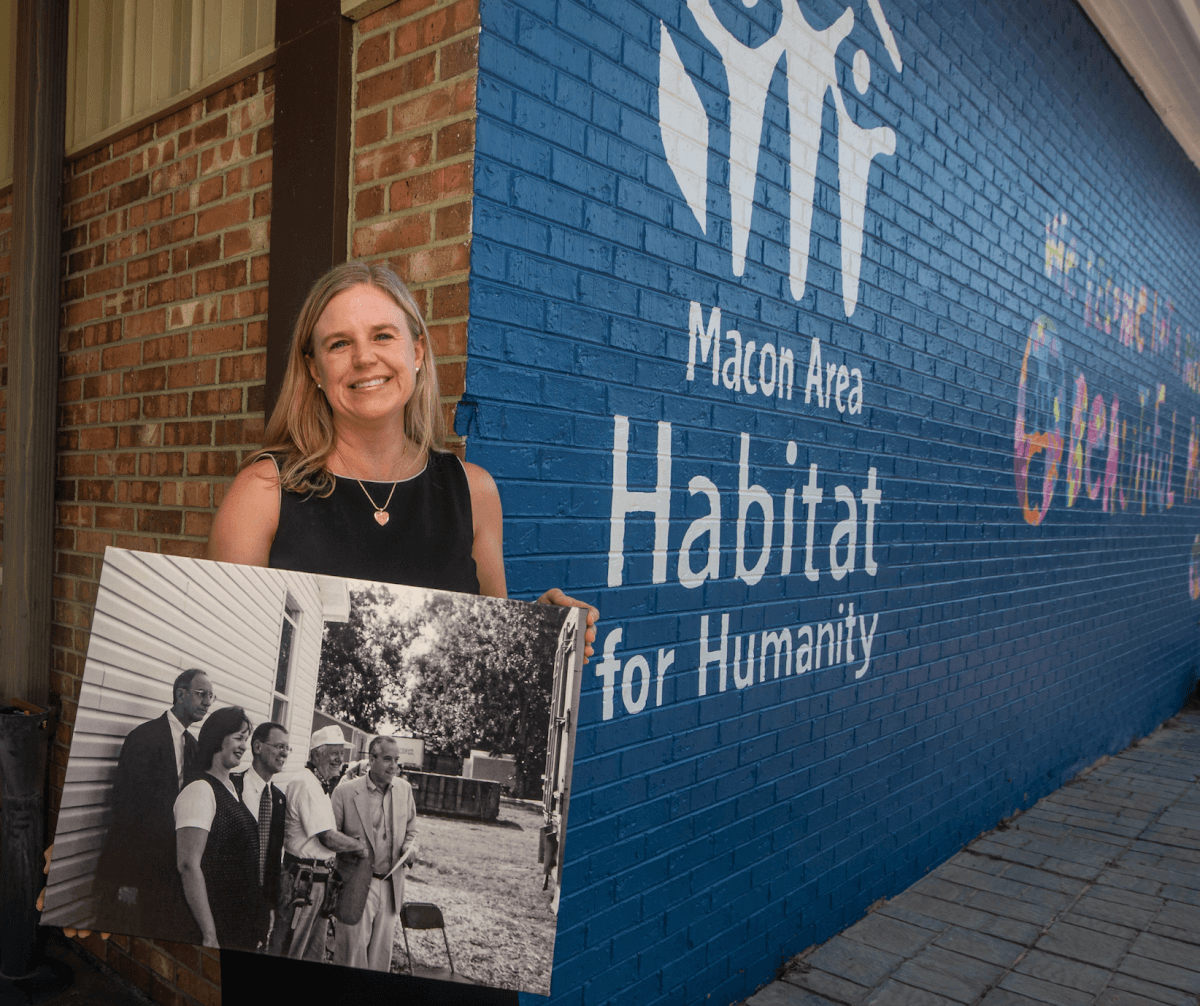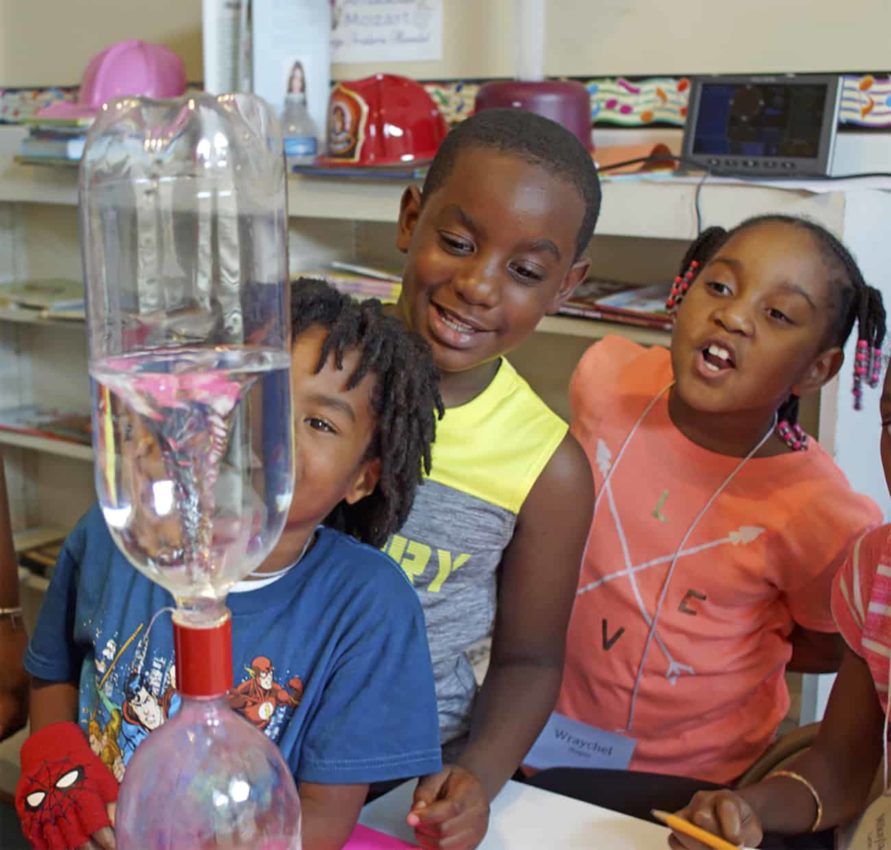
Freedom School: Empowering Excellence in Youth
By Lisa Pritchard Mayfield
While the weeks of summer vacation can be an education wasteland for many children, an innovative literacy program entering its third year in Macon is changing those statistics for young readers.
The Children’s Defense Fund Freedom School is designed to enhance children’s motivation to read and make them feel good about learning.
I
have had the great privilege of working as both an art instructor and assistant project director at Freedom School, and have seen first-hand the miracles that happen here.
Rooted in the Mississippi Freedom Summer project of 1964, the Freedom School program is a six-week summer literacy and cultural enrichment program first developed in 1995 and designed to serve children and youth in grades K-12. By partnering with schools, faith- and community-based organizations, municipalities, colleges and universities, and juvenile detention facilities, Freedom School is offered to children and their families at no charge.

In 2018, Freedom Schools in 87 cities in 28 states served 11,830 students. In Georgia, there are two Freedom Schools – one sponsored by Emmaus House in Atlanta (2019 will be its fifth year) and the other sponsored by Appleton Episcopal Ministries in Macon (2019 will be its third year). Both of these sponsors are ministries of the Episcopal Diocese of Atlanta.
Appleton Episcopal Ministries Missioner Julie Groce saw the positive results of Atlanta’s Freedom School
,
and approached Macon–Bibb school’s Assistant Superintendent of Teaching and Learning Dr. Tanzy Kilcrease about bringing the Freedom School model to Macon to serve 50 students.
“Here in Macon-Bibb, several elementary schools post third grade reading scores that are among the lowest in the state of Georgia,” Groce said. “Freedom School addresses that shortcoming.”
Kilcrease requested that Appleton focus its efforts on serving rising first through third graders at Ingram-Pye, Riley and Southfield schools. Groce met with principals and reading coaches, and received positive interest in the program.
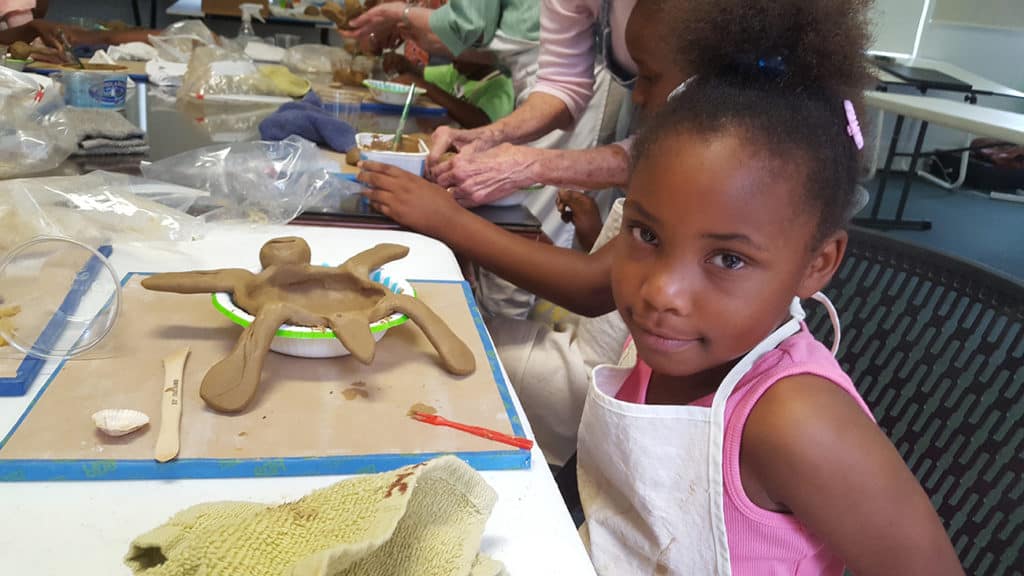
To deliver Freedom School in Macon to 50 children at no charge, as the Children’s Defense Fund (CDF) mandates, Appleton has assembled a network of funders and services to cover more than $90,000 in costs, or about $1,800 per student.
That money covers the costs of buying the curriculum, books and staff training; hiring servant leader interns to deliver the reading program; covering transportation and travel costs to out-of-state CDF training sessions; paying teachers to develop and deliver afternoon enrichment activities; serving two meals and a snack to each child each day; hiring a school bus to provide daily morning pick-up and afternoon drop-off at each of the three schools; securing transportation to and from the program for off-site enrichment activities and field trips; obtaining adequate, safe space to house the program according to CDF standards; and providing insurance, support staff, service fees and supplies for all activities.
At Freedom School, we utilize an intergenerational leadership model. The program is staffed primarily by college students and recent college graduates, with a 10:1 child to adult ratio. As a result, many children and youth make significant gains in reading achievement and don’t experience any summer learning loss, which is the biggest reason for the nationally-documented achievement gap between lower-income and higher-income children.
By the end of third grade, lower-income children are typically two years behind their higher-income counterparts in reading. This is due, in large part, to a lack of opportunity and support for children in at-risk neighborhoods to have access to books and educational enhancement programs during traditional summer breaks.
According to Groce, Freedom School helps to close the gap so students can keep pace and raise their self-esteem by offering books for daily reading, enrichment activities, and field trips that relate to and reinforce each other.

“Our children are encouraged to dream, to set goals, and to cultivate positive attitudes and high expectations,” she said.
Freedom School students engage in a research-based, multicultural Integrated Reading Curriculum (IRC) that supports them and their families through five essential components: high-quality academic enrichment; parent and family development; civic engagement and social action; intergenerational servant leadership development; and nutrition, health and mental health.
Each day of Freedom School is structured similarly. Students, known as scholars, are served breakfast and then gather for Harambee. A Swahili word for “coming together,” Harambee is the morning assembly of scholars at which a different special guest does a “Read Aloud” each day.
Read Aloud affords the opportunity for local and regional people to come to Freedom School, read a short book of their choosing, and discuss that book with all the children. Some Read Aloud guests have included Macon Mayor Robert Reichert, Bibb Schools Superintendent Dr. Curtis Jones, Atlanta Episcopal Bishop Robert Wright, Judge Verda Colvin, former Theater Macon Director Jim Crisp, Rabbi Aaron Satiloff, and a host of ministers, principals, teachers, college professors, health care professionals, parents and more.
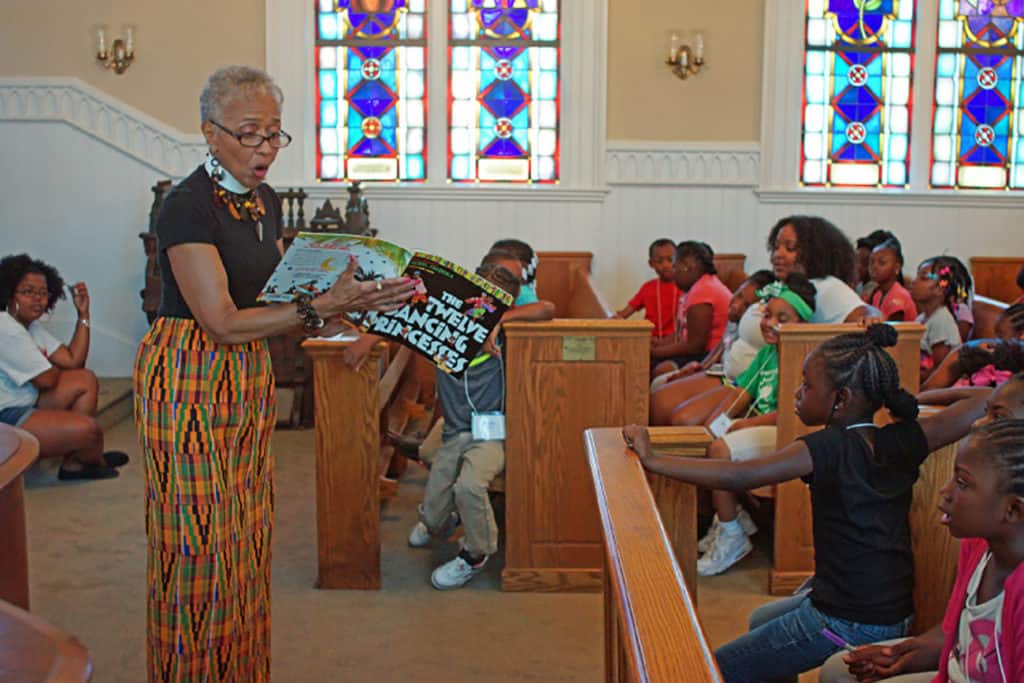
In their classrooms, morning IRC study includes reading the day’s book selection aloud or together, and working through activities laid out in the lesson plan for that book. We all eat lunch together, then the students help to clean up the space and enjoy a short recess. Afternoons are for enrichment activities, which have included art, origami, African dance, music, drama, creative writing, board games, gardening, chess, messy science, astronomy, as well as off-site field trips to the library, fire station, television station, museum, various cultural sites and more.
An important component of the Freedom School model is the Day of Social Action. Each year, the Children’s Defense Fund selects a national theme, and on the same day all Freedom Schools across the country spend the day engaging with the community to raise awareness of that theme. Past themes have included children’s hunger and voter registration.
The feedback from our Freedom School families has been both enthusiastic and positive. “My child would wake up, early in the morning, asking me to take her to Freedom School because she didn’t want to miss what was going on,” one parent recalled.
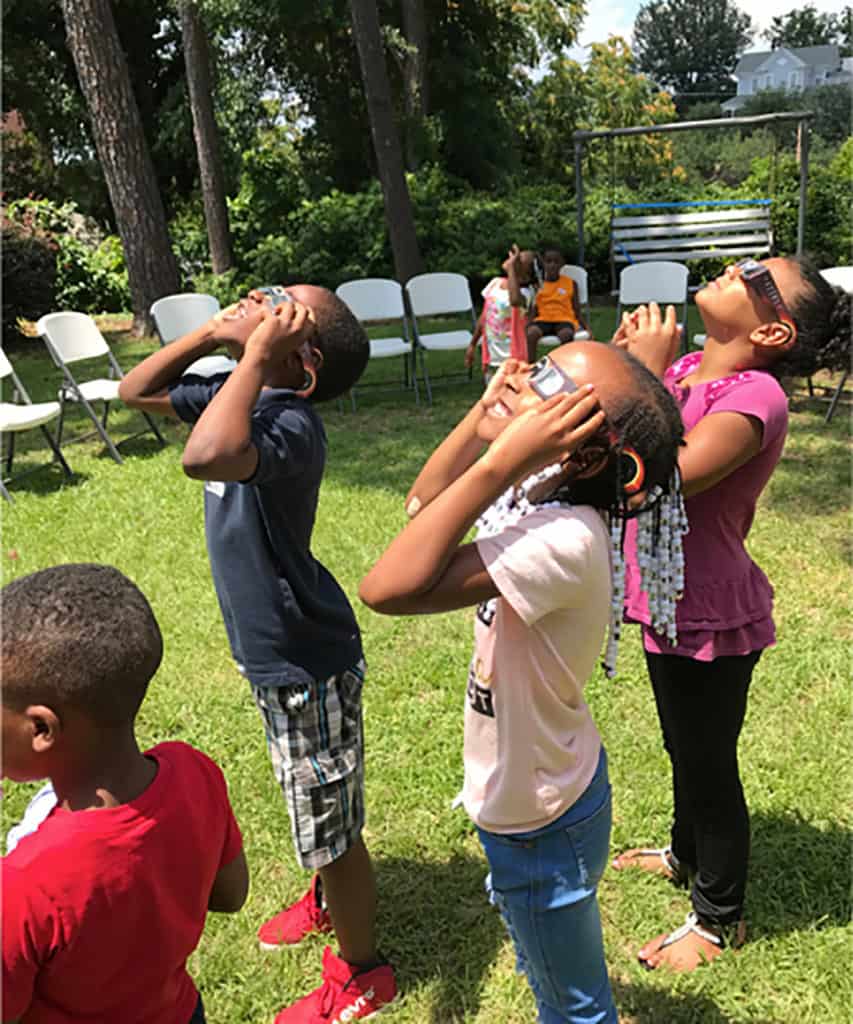
Parents also report that some children have asked to go back to the public library or to visit again one of the cultural sites they have visited on a Freedom School field trip.
“After the first summer, parents of more than two thirds of the students age-eligible to return for a second summer enrolled their children again,” Groce said.
To quote one of our second-year parents, “Jaden is looking forward to Freedom School this year. She received nine awards at school during the year following her first summer at Freedom School, including one for accelerated reading. I know a major part was due to your reading program.”
The school’s mission is to empower youth to excel and to believe in their ability to make a difference in themselves, their families, communities, country and world with hope, education and action – and it’s well under way right here in Macon.
To learn more about giving and volunteer opportunities, or to schedule a presentation for your interest group, contact Julie Groce at missioner@appletonepiscopal.org.






